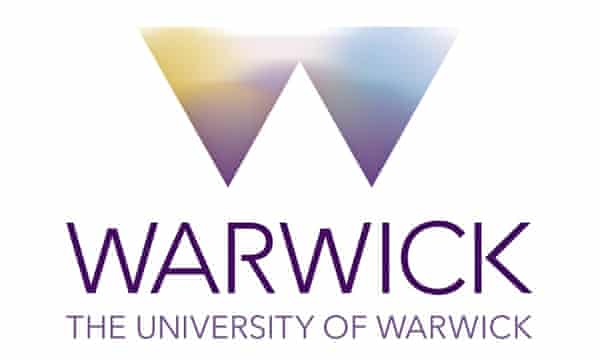University of Warwick: £3.5 million donation for University of Warwick’s aspiring astronomers to reach for the stars
The University of Warwick has received a £3.5 million philanthropic gift to astrophysics, which will be used to recruit and support the next generation of astronomers in exploring the furthest reaches of our universe.
Announced during World Space Week (4-10 October), the gift is a private philanthropic donation from a Warwick alumnus and is one of the largest gifts towards the study of astronomy and astrophysics in the UK. It will support a pipeline of talent from postgraduate study up to early career research fellows, allowing the University’s Astronomy and Astrophysics Group to further boost its already excellent research profile.
The gift recognises the world-leading work in astronomy and astrophysics taking place at the University of Warwick with the aim of investing in research that has the potential to achieve the level of science’s highest honours, such as the Nobel Prize, within the coming decades.
The Group’s research encompasses the birth and death of solar systems, the search for distant planets and the life they may harbour, and some of the most extreme and destructive astronomical phenomena in the universe. Their astronomers have contributed to the development of some of the most cutting-edge instruments in operation today to observe and survey our skies, developed key models and analysis tools, while also harnessing the opportunities provided by the fleet of space observatories they have access to, such as the Hubble Space Telescope.
The gift will establish a programme to support postgraduate students and early career researchers to take this research deeper into unexplored areas of astronomy. The programme will be interdisciplinary and driven by the strengths of the Group and the ambitions of the recipients, allowing them to build on existing research strengths and to pioneer research into new areas.
£2 million will support up to 15 exceptional PhD students for the duration of their studies, while a further £1.5 million will allow the University to recruit the strongest upcoming talent in up to 13 postdoctoral roles, allowing the Group to invest significantly in its future research performance.
Professor Danny Steeghs, Head of the Astronomy and Astrophysics Group at University of Warwick, said: “We are looking for exceptional students and researchers who share our passions and ambitions. Astrophysics is a very exciting field and this scheme will significantly increase our impact while training a new generation of researchers.”
Professor Malcolm Cooper, Head of Physics from 2001-10, said: “I am delighted to learn that the bold initiative we took almost 20 years ago to set-up an Astronomy group has led to this magnificent donation, which will fund many extra researchers and research students.”
Professor Mark Newton, current Head of Physics, added: “The donation is a significant milestone for the department recognising not only the world-leading research of our Warwick astronomers and astrophysicists, but also the truly inspirational teaching they provide to our undergraduate students on all our physics courses.”
Professor Christine Ennew, University of Warwick Provost, said: “Looking to the stars has always raised important questions about the universe and our place within it, and for nearly twenty years our Astronomy and Astrophysics Group has been seeking answers. This fantastic gift will build on their world-leading reputation, helping them to drive forward our understanding of some truly fundamental questions. PhD scholarships are essential for attracting the highest quality students, while post-doctoral fellowships will ensure that we can retain the best talent within the research community.”
Professor Stuart Croft, Vice-Chancellor of the University of Warwick, said: “I am delighted that this extraordinary gift will benefit our students as well as being a major investment into the future research performance of one of Warwick’s most exciting departments. I look forward to seeing the results of their efforts in years to come.
“Warwick’s ambition is to look beyond our immediate environment to consider some of the biggest questions in science. Philanthropic partnerships with alumni are crucial to fulfilling this ambition and will play an essential role as we deliver our STEM Grand Challenge, a £500 million new science campus to transform the way science is thought about and delivered at Warwick.”

